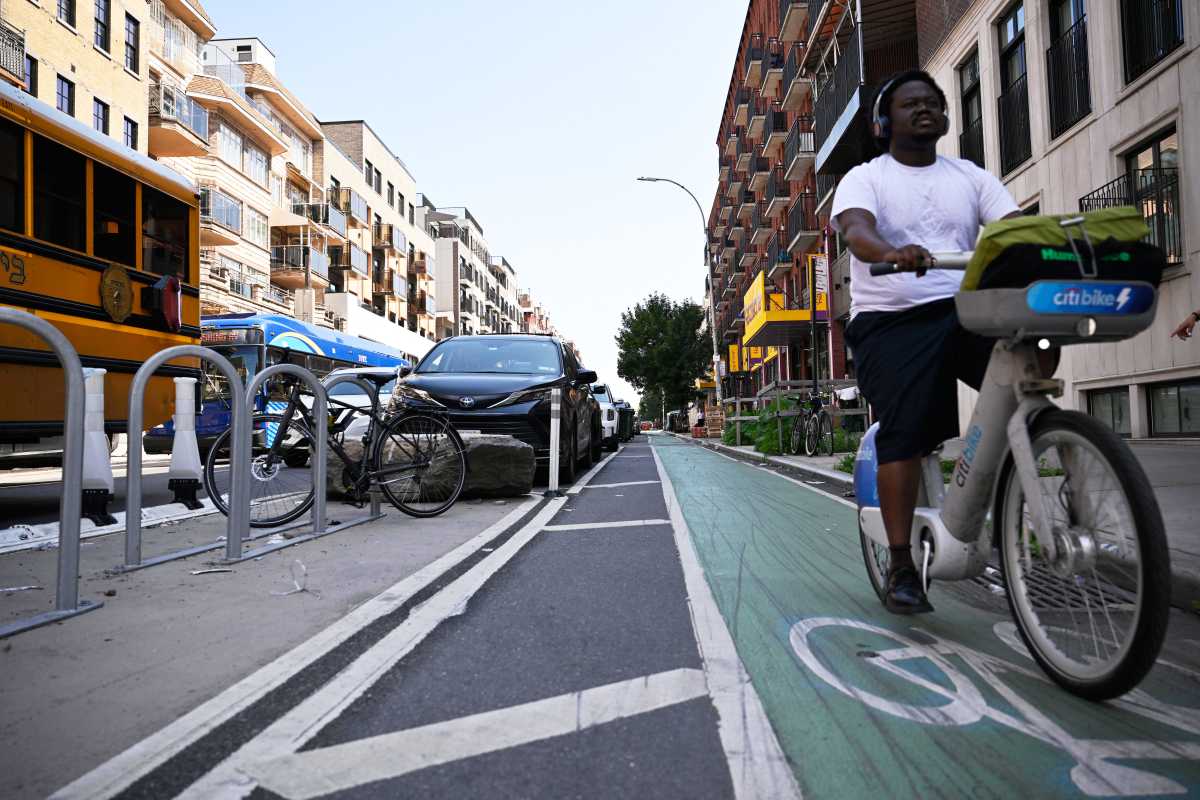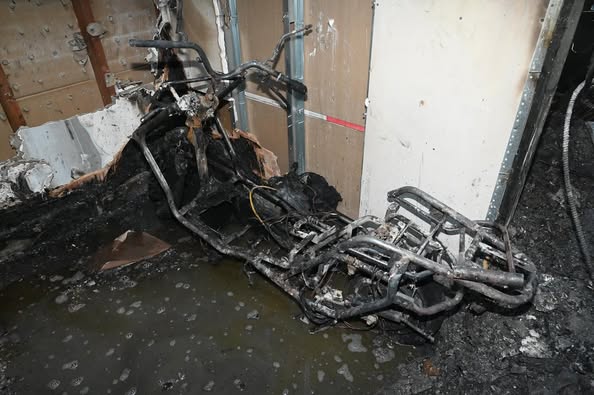BY CHRISTINE C. QUINN and JAMES F. GENNARO
Our TV screens and newspapers have been inundated with daily images of the catastrophic destruction of the Louisiana Gulf. Fifteen hundred miles away, what can we New Yorkers learn from the greatest environmental disaster of our time?
The State of Pennsylvania is aggressively investigating what may be the state’s worst natural gas drilling accident ever. Natural gas and drilling fluids spewed for about 16 hours recently, after the operators lost control while they were preparing to extract gas from fractured shale.
Three days before the rig blew in the Louisiana Gulf, the New York State Department of Environmental Conservation (D.E.C.) introduced regulations to curb proposed drilling of natural gas in New York State’s unfiltered drinking water supply watersheds. The regulations concerned a process called hydraulic fracturing, also called “hydrofracking” — an unconventional and environmentally problematic natural gas drilling technique in which a mixture of chemicals, water and sand is injected underground to crack the earth and release natural gas. We at the City Council argued that the process would endanger the future of our drinking water — hydrofracking in Pennsylvania had resulted in three chemical spills within a span of days.
Dwindling reserves of conventionally accessible oil and gas have demanded that we resort to unconventional methods of extracting these resources, including deep offshore drilling and hydraulic fracturing. The oil seeping into the Gulf and the natural gas wells bursting in Pennsylvania provide clear evidence of the risks of tapping into increasingly difficult-to-access supplies.
In order to truly reduce these risks, we need to decrease our reliance on fossil fuels. New York City has mandated a 30 percent citywide reduction in carbon emissions by 2030, and has begun implementing aggressive energy-efficiency policies in order to achieve the reduction in fossil fuel use that will get us there. New York State needs to take similarly aggressive measures to reduce demand for fossil fuel-based energy, and the state must protect water and other vital resources from risky natural gas extraction in the meantime.
Starting in the fall of 2008, the Council held multiple hearings on hydrofracking. After concluding that the practice poses unacceptable risks to our water supply, we passed a resolution calling on Governor Paterson and D.E.C. to ban gas drilling within the city’s upstate drinking water supply watershed. We continued to present our concerns to D.E.C. in testimony at public hearings and in formal written comments on environmental review documents. We have held press conferences about the risks of hydrofracking, and have circulated petitions upstate and downstate encouraging concerned citizens to contact Governor Paterson and their state and federal representatives.
The state agreed — after much pressure from the Council and others — to create a much more rigorous procedure for granting gas drilling permits within the city’s watershed. This procedure creates a higher protection standard for drilling within our water supply, and mandates each drilling application to undergo an intense environmental review.
Unfortunately, this is still not enough. It won’t be enough to merely place more regulatory hurdles in the path of those who would jeopardize our drinking water supply with this inherently risky technology. Instead, there must be an outright ban on natural gas drilling within our state’s watersheds. The BP oil spill has taught us that regulations can be overruled, ignored or swept under the rug. Mistakes can happen. Technology is not an all-powerful or omnipotent force. And if the Gulf spill makes natural gas seem like the perfect oil replacement, we have to remember that it is imperative to provide the utmost protection to all of our irreplaceable natural resources; in New York City, that includes our drinking water, and the health and safety of the 8 million people who consume it.
To make matters worse, the 8 million are in financial danger as well. It is difficult to say anything good about BP concerning its handling of the spill, but the one positive thing is that BP is entirely financially responsible for its actions. The federal government’s Oil Pollution Act decrees that the offending company is required to contribute all of the funds and resources necessary. What’s troubling is that, in New York State, no such federal protection exists. The small drillers wouldn’t be held culpable should disaster strike, meaning that the burden would fall to the taxpayer, alone and unsupported.
We urge D.E.C. to look to our neighbors to the south, strengthen the drilling regulations already in place, and prevent an environmental and governmental disaster from happening here.
Recent events in the Louisiana Gulf and Pennsylvania make the unthinkable seem not so far fetched. Without an outright ban on drilling in our watershed, New York City’s drinking water is at risk.
Quinn is speaker of the New York City Council and Gennaro is chairperson of the Council’s Environmental Protection Committee



































